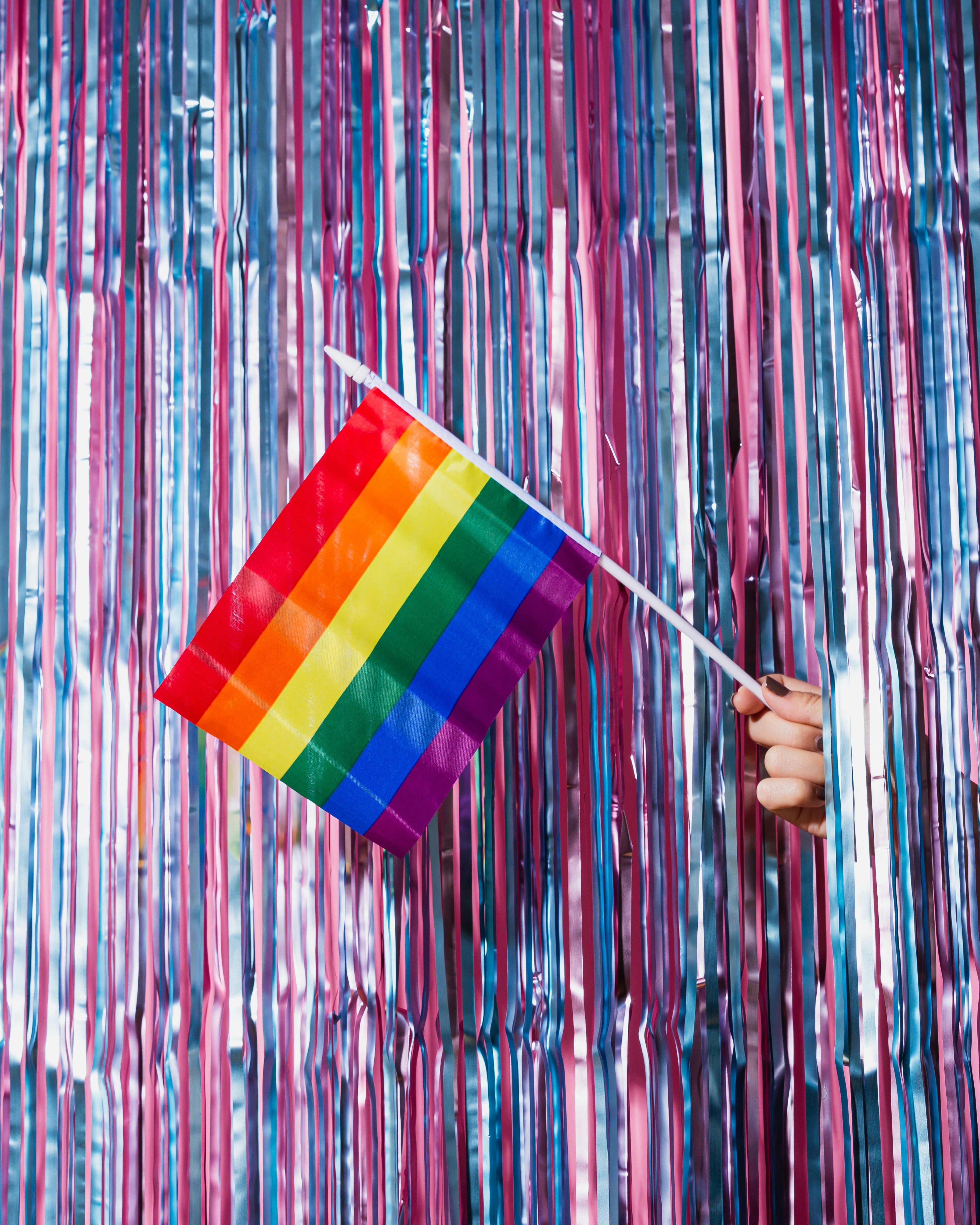
In past years of Russia’s history, LGBTQ+ rights and the protests advocating for them have become an excellent example of how advocacy is able to shape and influence social change and empower marginalized minority communities.
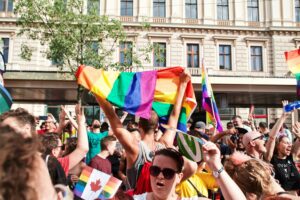
Under the illiberal regime of the Russian government, interest groups and social movements have relatively limited freedom to initiate impactful movements in society, especially when their ideals contradict with those of the government. For instance, LGBTQ communities and non-heterosexual relationships have been framed as some “Western import” concepts that would threaten the unity of the nation; anti-LGBT laws have been adopted in the past few years as policymakers in Russia continue to regard these minorities as what potentially infiltrate the country.
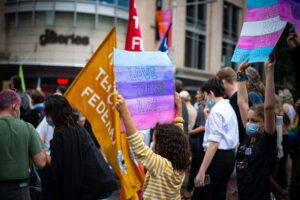
Back in 2013, bills and laws hostile to gender minority groups were passed in Russia’s legislatures, raising wide international concerns about the circumstances of marginalized genders and criticisms against the decision of the Russian parliament. For instance, in 2013, the parliament passed a law that banned “gay propaganda” and its spreading among minors. Essentially, by passing this law, the Russian government affirmed its position of firm opposition against weighing straight and gay relationships with the same level of significance. The anti-gay propaganda law would fine individuals and media that distribute any materials on gay rights; foreigners would also receive special fines had they violated this legal code.
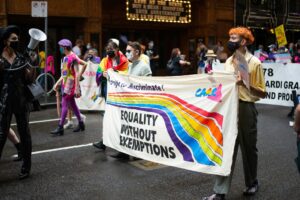
As a response, Russian activists insisted that they would stand for “equal rights for all and…continue to stand up against those patriarchal values that are today being actively promoted by the church and the government. [They] are doing this because [they] think these values, these norms, don’t fit into a modern society.” As stated by Igor Kochetkov, the head of LGBT Network, “the government is using these instincts – homophobia, xenophobia – to justify its policies against an independent civil society. They are making enemies out of us – not just LGBT society, but any group in society that doesn’t agree with their current politics.”
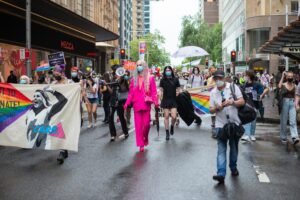
To advocate for the deserved rights of gender minority communities, in Russia, Moscow Pride, a demonstration and protest for LGBT, made the first moves towards ensuring freedoms and rights. Even though usually banned by authorities like the Moscow City Hall and challenged by homophobic attacks yearly, these demonstrations and the organizers of these protests still fiercely persisted. For instance, one of the core leaders of these protests, Nikolay Alexandrovich Alexeyev, a Russian LGBT rights activist and lawyer, served as a prime example of how social advocacy stemming from just causes can bring tangible changes. In 2010, representing gender minorities, Nikolay Alexeyev won a case in the European Court of Human Rights against Russia; the court ruled that Russia violated the human rights of the LGBT communities by banning the Moscow Prides events for three consecutive years from 2006 to 2008.
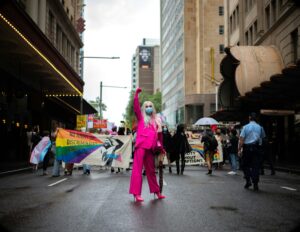
When reflecting on the journey of LGBTQ rights protests in Russia, we are consistently reminded of what is behind these acts of advocacy—courage in the face of systemic oppression, passion for the service of justice, and the bravery to risk safety in exchange for change. Advocates proved that the desire for dignity and love is universal and well-deserved for all genders. Their fight reminds us of the progress happening in one corner of the world and perhaps can inspire us to take similar actions against injustices that threaten our own rights and freedoms. How can we use our voices, privileges, and platforms to speak for the silenced? Advocacy begins with awareness, expands from action, and flourishes with unified efforts. Advocacy builds a more inclusive and compassionate world.
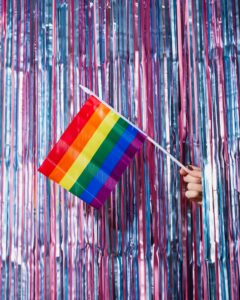
Sources:
https://www.theguardian.com/world/2013/jun/11/russia-law-banning-gay-propaganda
